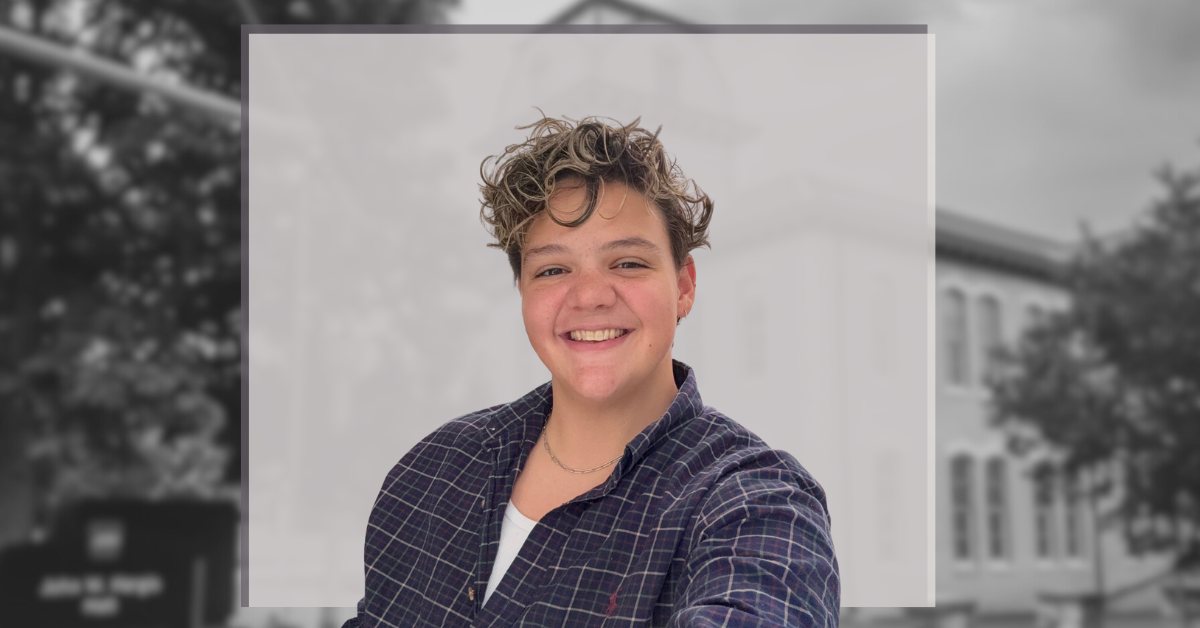
February is Black History Month, a time to celebrate the achievements and contributions of Black individuals throughout history. For our team at the Texas Institute for Excellence in Mental Health (TIEMH), it’s also an opportunity to reflect on the state of mental health care among the Black community.
Although Black Americans have similar rates of mental health challenges compared to the general population, there are significant disparities when it comes to mental health care services. Here are important statistics from the American Psychiatric Association:
- Black Americans often receive poorer quality of care and lack access to culturally competent care
- Approximately 11% of African Americans are not covered by health insurance, compared with about 7% for non-Hispanic whites
- Only one in three Black Americans who need mental health care receive it
- Compared with the general population, Black Americans are less likely to be offered either evidence-based medication therapy or psychotherapy
- Compared with whites, Black Americans are:
-Less likely to receive guideline-consistent care
-Less frequently included in research
-More likely to use emergency rooms or primary care (rather than mental health specialists)
While mental health services for Black, Indigenous, and People of Color (BIPOC) communities have improved in recent years, there’s still work to be done. A few ongoing barriers to care include the stigma associated with mental illness, distrust of the healthcare system, and lack of culturally competent providers.
We’ve compiled a list of resources to help mental health professionals better support folks in the Black community, including materials you can share with people seeking more research or education.
Resources from the Mental Health Technology Transfer Center (MHTTC) network
In case you’re not familiar with it, the purpose of the MHTTC Network is technology transfer – disseminating and implementing evidence-based practices for mental disorders into the field. Funded by the Substance Abuse and Mental Health Services Administration (SAMHSA), the MHTTC Network includes 10 Regional Centers and a Network Coordinating Office.
- Understanding and Addressing Race-Related Stress and Trauma for Black Americans: In this on-demand recording, Dr. Sierra Carter provides an overview of the field of racism-related stress and trauma among Black Americans.
- Shame and Stigma: Re-imagining Masculinity and Strength for Black Boys Recording: A webinar presented by Jessica Henry, Ph.D. and Nicole Cammack, Ph.D. from Black Mental Wellness.
- Session 1 of Creating Safe Spaces for Peer Support Providers and Incorporating Anti-racist Practices in Peer Support Delivery: Special guest Javan Jones of Jones Community Solutions and Evelyn Clark, CPC, facilitated a group discussion on how to create safe spaces, the foundation of racism in our medical system, why mental advocacy should uplift BIPOC voices of lived experience, and more.
- Saving Young Black Lives: Reversing Suicide Trends: An 8-part limited-series podcast on suicide among African-American youth.
- Suicide Trends Among Black Women in the U.S.: A first-of-its-kind study examined trends in the epidemiology of suicide among Black girls and women by geographic region in the U.S.
- Racial Equity Resource Packet: As a start to their efforts to promote behavioral health equity for all, the Mid-America MHTTC compiled resources that may support you in your work.
- Mental Health & Obesity in the Black Community Recording: A webinar presented by Tiffani Bell Washington, MD, MPH of Black Psychiatrists of America.
- Confronting Implicit Bias in Society and Ourselves: A Four-Part Series: This series of four 60-minute interactive workshops is designed to support educators and mental health professionals recognize and redress patterns of bias and inequity in their institutions, their peer networks, and themselves.
- ADHD in the Black Community: Unmet Needs from Childhood through Adulthood Recording: A webinar presented by Executive Director of Black Psychiatrists of America, Napoleon B. Higgins Jr., MD. a
- Barriers and Risk Factors for Black LGBTQ+ Youth: Suggestions for Improving their Lived Experiences Recording: A webinar presented by Jessica Henry, Ph.D. and Danielle Busby, Ph.D. of Black Mental Wellness.
More insightful resources
- Roadmap to Black Mental Health: The Mental Health Coalition has released the Roadmap to Black Mental Health, a comprehensive guide to understanding the specific mental health strengths, challenges, methods of healing, and resources for those in the Black community.
- L.E.T.S. Save Lives: The American Foundation for Suicide Prevention (AFSP) released L.E.T.S. Save Lives, a presentation created by and for Black people to reduce cultural stigma, foster conversations about mental health, and raise awareness of suicide prevention.
- African American Behavioral Health Center of Excellence: The center develops and disseminates training, technical assistance (TA), and resources to help healthcare practitioners eliminate behavioral health disparities within African American populations.
- Finding a Culturally Competent Provider: A one-pager from the National Alliance on Mental Illness (NAMI) to help people of color find mental health care that fits their cultural background.
- Black Mental Health Alliance: Also known as BMHA, the group educates the community about healing practices and culturally relevant approaches to contemporary challenges.
- Black & LGBTQ: Approaching Intersectional Conversations: A guide from the Trevor Project about approaches before, during, and after a difficult conversation to make sure the dialogue – and your mental health – stays safe.
- Black and African American Communities and Mental Health: A comprehensive overview from Mental Health America about mental health challenges in the Black community.
Find more resources from the MHTTC network
We hope these resources help you feel better prepared when working with folks within the Black community. Our team at TIEMH collaborates on many insightful events year-round as part of the South Southwest MHTTC.
Sign up for the newsletter to be the first to know about new resources!





